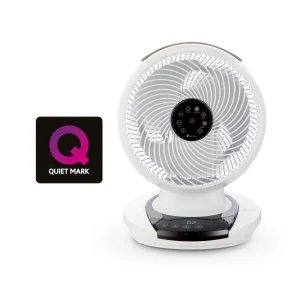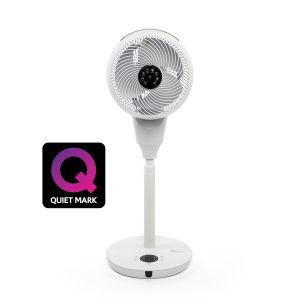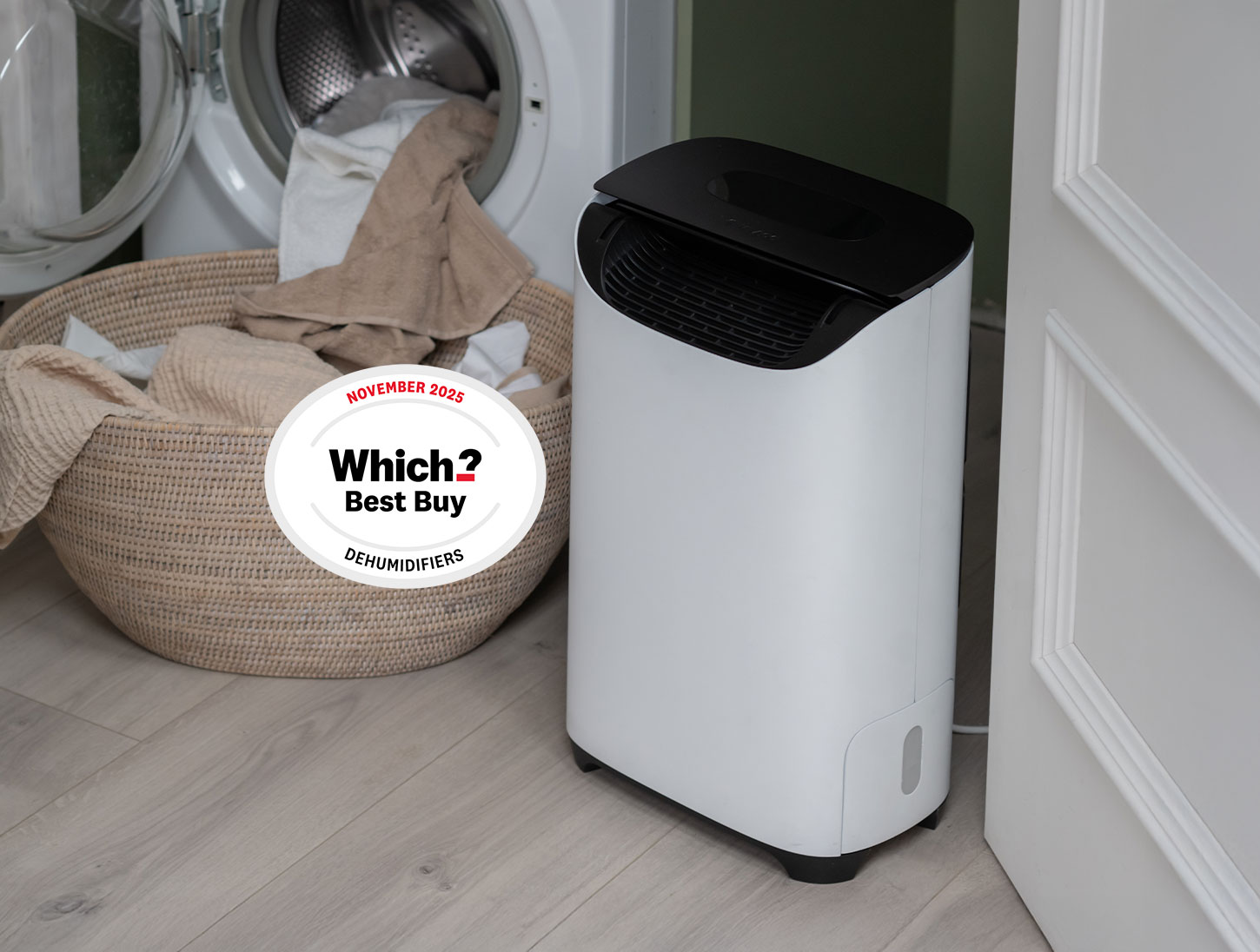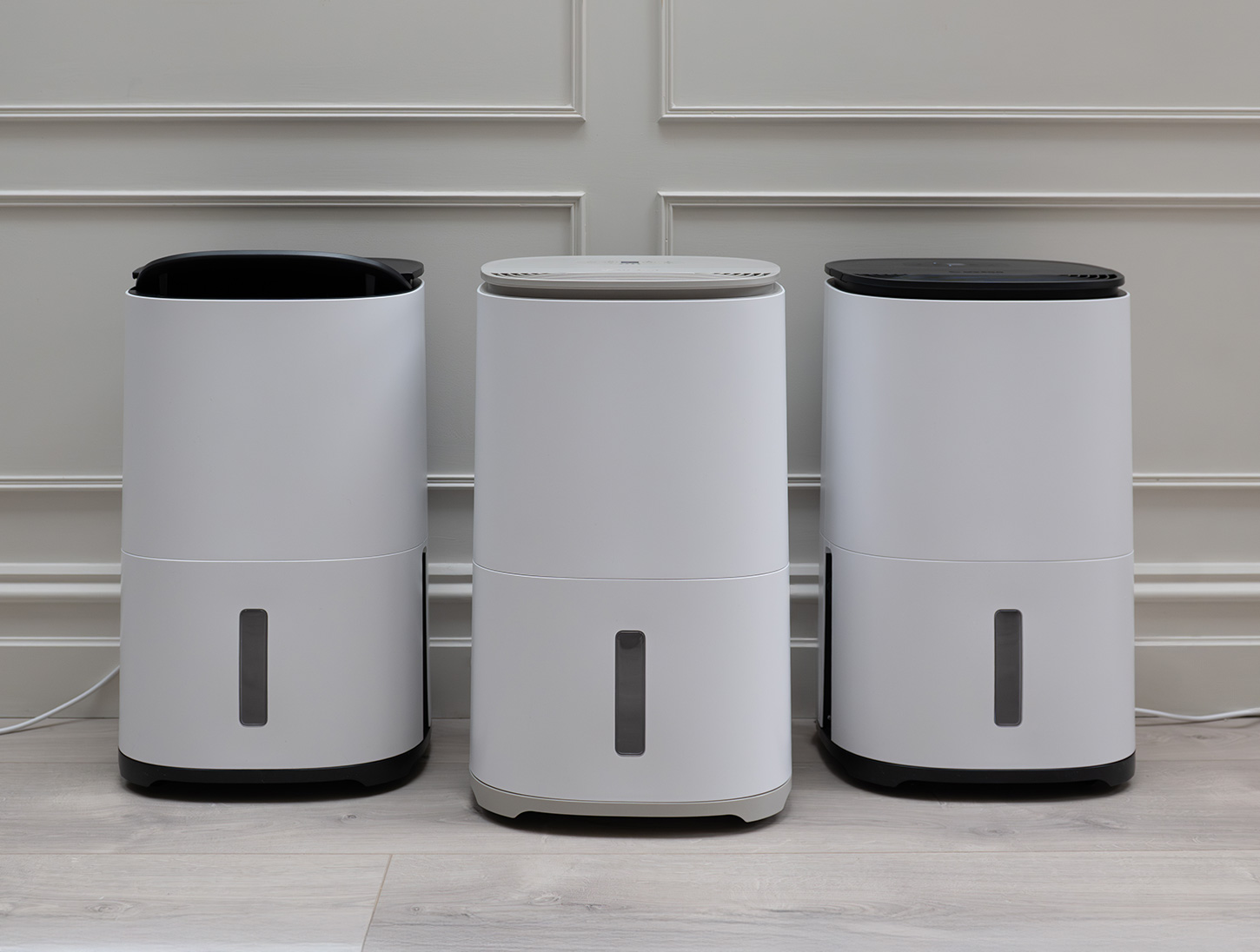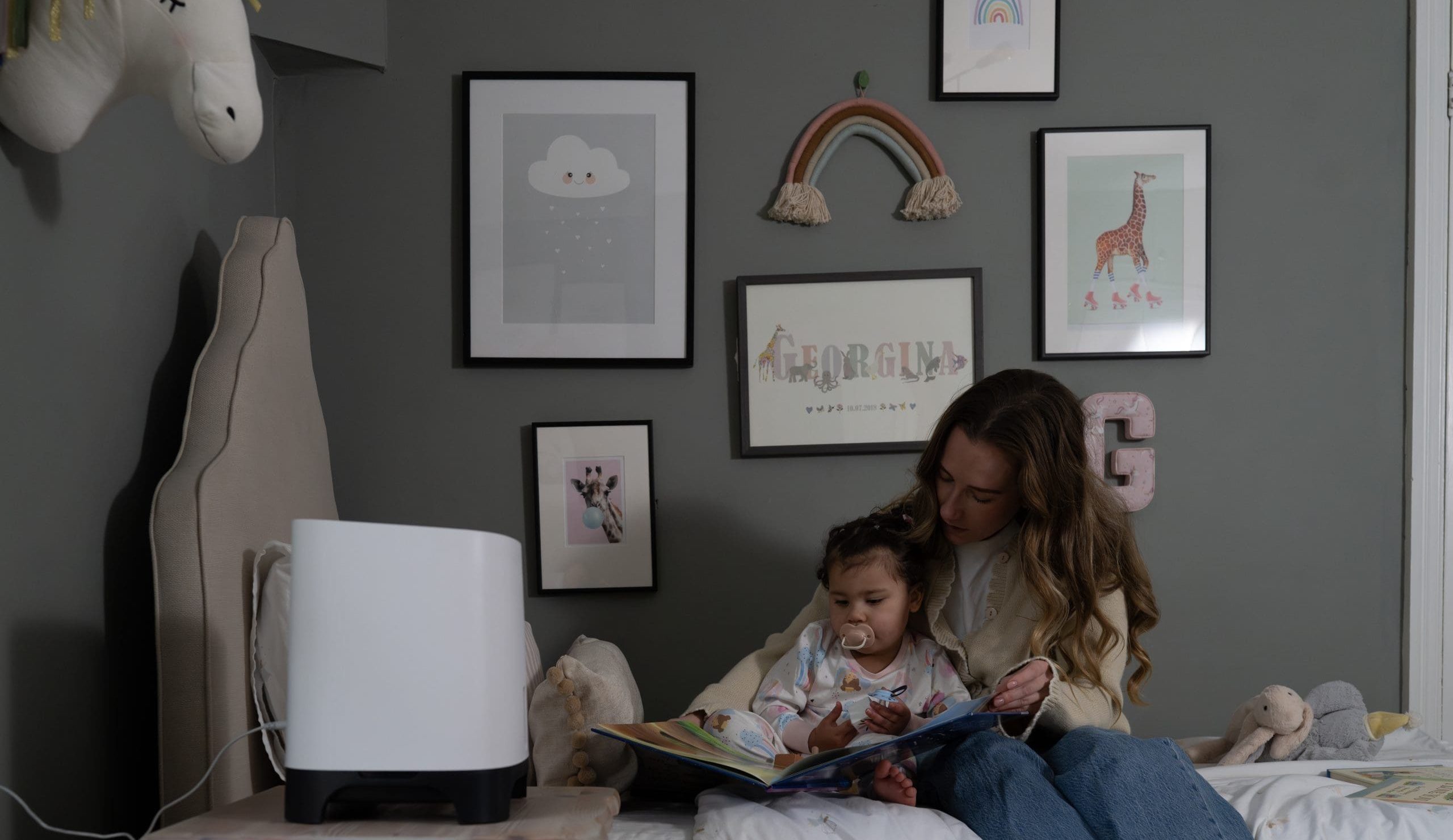
Menopause brings many changes, including hot flushes, disrupted sleep, and fluctuating mood. But you don’t have to suffer in silence. In this post, we share seven practical tips to help you sleep better and stay cool, calm and well rested – plus product recommendations that can make a real difference.
Menopause is a natural life stage that marks the end of a woman’s menstrual cycle, usually between the ages of 45 and 55. It’s a major hormonal shift that brings a variety of physical and emotional changes – some subtle, others less so.
While some women sail through this transition with minimal disruption, others experience a range of symptoms that can significantly impact their quality of life. Did you know that around 13 million women in the UK are currently peri- or post-menopausal? Understanding that you’re not alone can be incredibly empowering.
Menopause Symptoms: Understanding Your Body
Menopause disrupts the body’s hormone balance, leading to a variety of symptoms. Some of the most common include:
- Hot flushes: A sudden feeling of intense heat, often accompanied by sweating and redness of the face and neck.
- Night sweats: Similar to hot flushes, but occurring at night and disrupting sleep.
- Sleep problems: Difficulty falling asleep, staying asleep, or waking up feeling unrested.
- Anxiety and irritability: Fluctuations in hormones can contribute to feelings of anxiety and mood swings.
According to the National Institute of Health, more than 80% of women experience hot flushes during menopause. The good news is that with some simple lifestyle changes, you can manage most menopause symptoms and reclaim your restful nights. Here are some ways you can manage hot flushes:
Seven Tips to Reduce Menopause Symptoms
1. Eat well and move more: Supporting hormonal balance during menopause
Diet and exercise play a crucial role in managing menopause symptoms. Eating a healthy, balanced diet rich in fruits, vegetables, and whole grains can help regulate hormones and improve overall well-being. Regular exercise can reduce stress, improve sleep quality, and fill your body with endorphins, boosting your mood.

2. Layer up, cool down
Hot flushes can strike without warning. But fear not! With some smart wardrobe choices, you can stay cool and confident during this transition. Wearing breathable, natural fabrics like cotton, linen and silk can regulate your body temperature. Embrace layering with loose-fitting clothes and natural waistbands that allow for maximum airflow, preventing trapped heat next to your skin.
3. Prioritise sleep (and set yourself up for it)
Struggling to get a good eight hours of sleep? Menopause-related sleep issues are extremely common. According to a report by the Journal of Midlife Health, up to 47% of perimenopausal and 60% of menopausal women are struggling to get a good night’s sleep. Invest in your sleep health by establishing a consistent bedtime routine, taking supplements such as magnesium and upgrading your bedding to cooling sheets. A cooler bedroom temperature also makes a big difference…
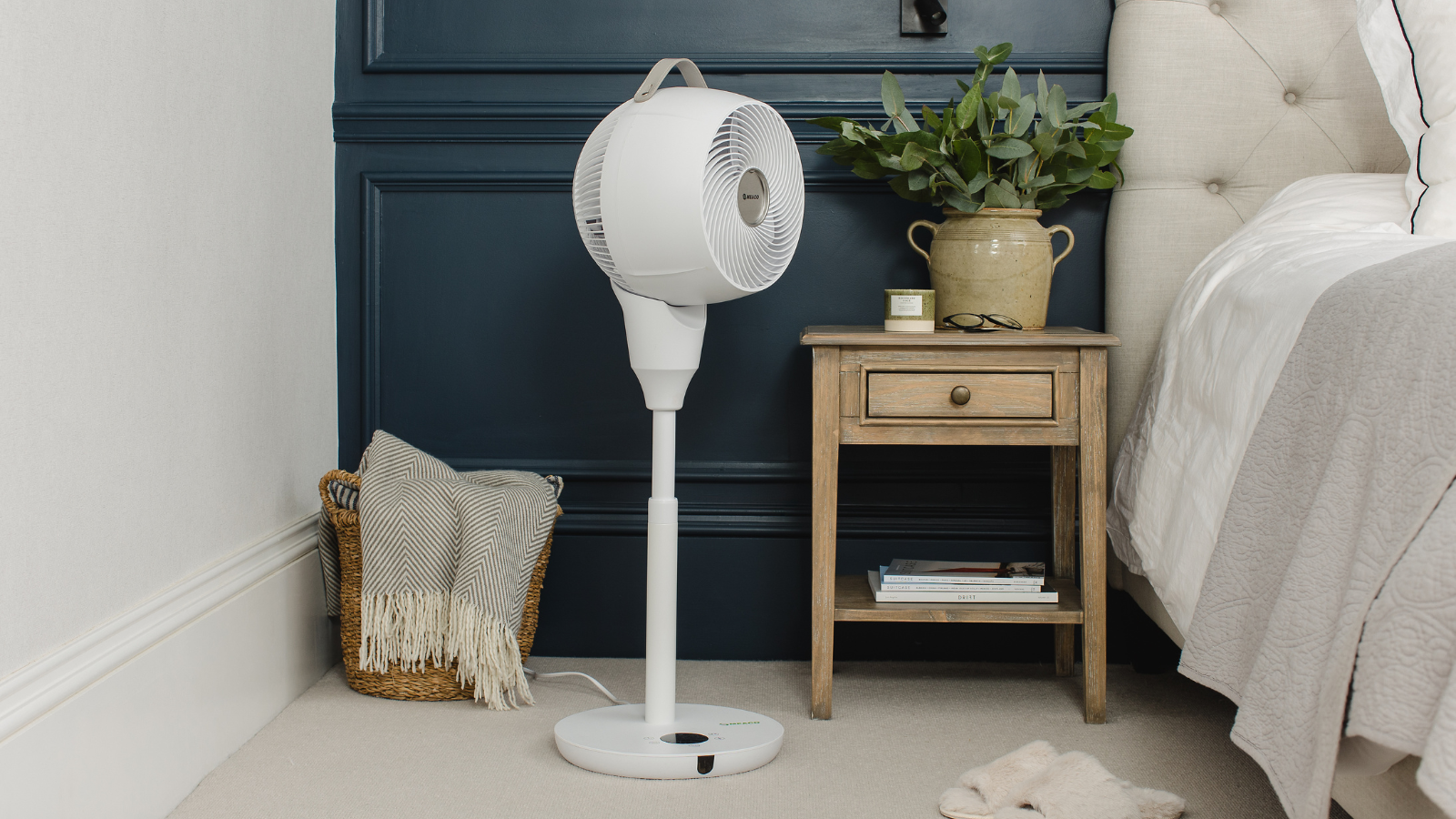
4. Breathe right
Feelings of stress and anxiety are common symptoms to experience during menopause and can have a further impact on your sleep, skin health and mood. Practising mindfulness, whether that’s through yoga, meditation or deep breathing, can help balance your mind, body and spirit. If you’re new to meditation, don’t be intimidated – you can squeeze in quick meditations or breathwork while doing chores or in the shower!
5. Soothing skincare
There are many changes your body goes through during menopause as a result of decreased oestrogen levels, including your skin health. Oestrogen boosts the production of hyaluronic acid, collagen, ceramides and sebum, so while this depletes over time, your skin can be left feeling dry and tight — not to mention the hot flashes that cause redness, sweating and sometimes puffiness. Look out for skincare products that will replenish moisture in your skin, such as Hyaluronic Acid and Glycerin, and anti-ageing ingredients such as Retinol and Niacinamide. Cool your skin down with soothing mists and serums.
For an extra boost, especially during colder months or in centrally heated/cooled rooms, a humidifier like the Meaco Armin® can help significantly. This evaporative humidifier gently restores moisture to the air – naturally reducing dryness, easing skin irritation, congestion, and even improving sleep quality. It’s whisper‑quiet (just 24 dB), efficient to run (less than 1 p per hour), and designed with hygienic evaporative pads to prevent mineral or bacterial build-up.
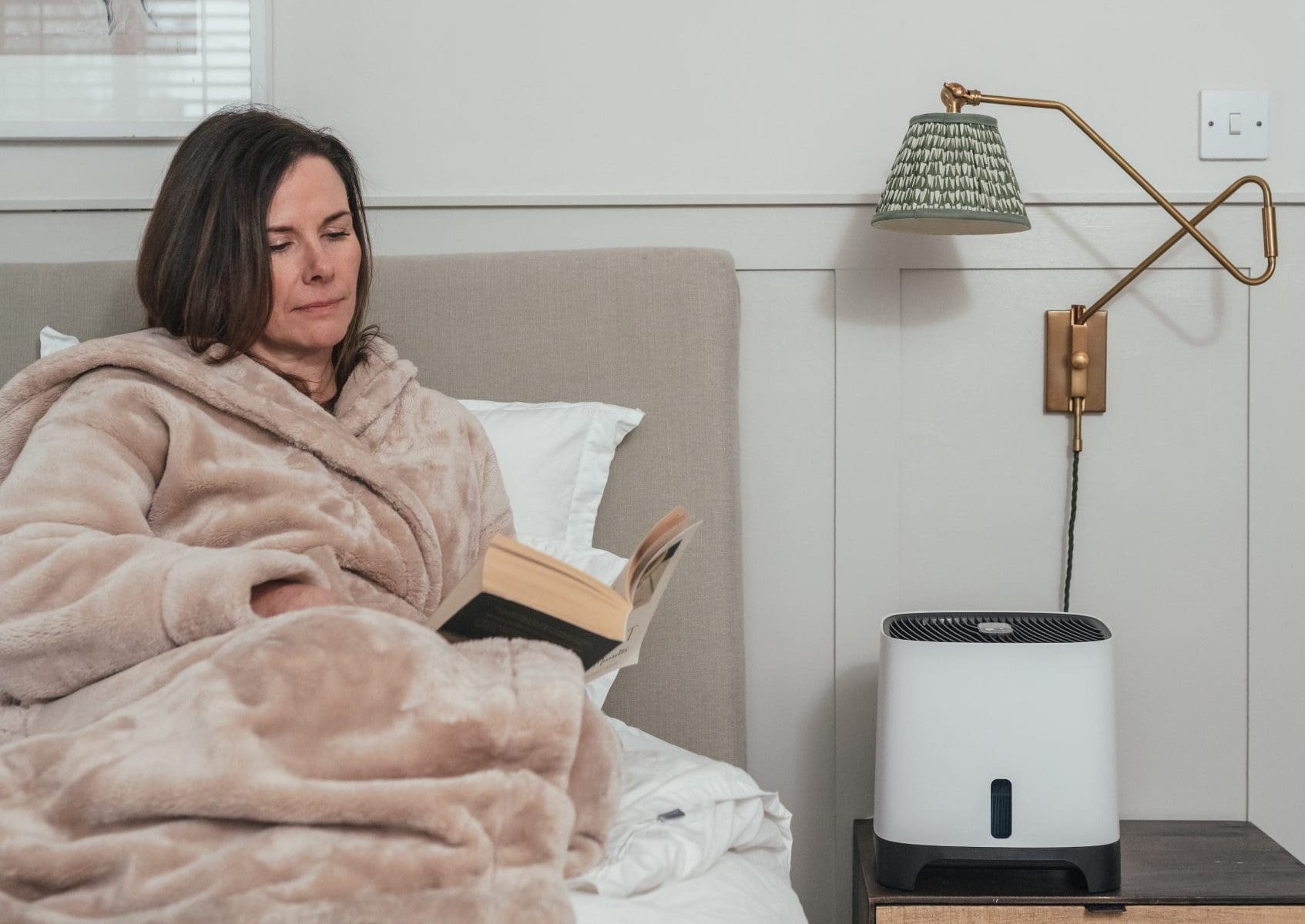
6. Hydration is your best friend
It might sound simple, but staying hydrated really helps. Drinking enough water can regulate your body temperature and ease hot flushes. Keep a water bottle handy – especially during the warmer months or after exercise.
7. Cool down with a fan that’s designed for you
Sometimes, the best solution is a breeze – literally. In fact, the NHS recommend it as one of the things you can do to alleviate symptoms. Here’s where the MeacoFan 1056 air circulator comes in; this quiet and energy-efficient fan (less than 8p per night!) boasts features designed for a comfortable night’s sleep. You can expect low-noise operation, sleep mode, adjustable height and airflow direction, a countdown timer and a glow-in-the-dark remote for minimal disturbance in the night.
“We’ve listened closely to our customers, particularly women who’ve shared how helpful our fans have been in managing symptoms like hot flushes,” says Meaco CEO, Chris Michael. “That feedback played a key role in shaping the design of the MeacoFan range, making sure the fans are as effective and user-friendly as possible.”
And it’s not just us saying it…
Hear from one of our customers:
“I suffer from menopause & thyroid problems, so my temperature gauge is off to say the least. I have usually used air coolers to add water to but that only fills the air with humidity. So I tried a fan, it’s that good I’ve ordered another & just awaiting it’s arrival this week. So easy to work, control, set and great move ability.”
Why a MeacoFan 1056 air circulator is great for menopause symptoms and so much more
The MeacoFan 1056 can offer meaningful relief from some of the most challenging symptoms of menopause – especially hot flushes and night sweats that interrupt sleep. But its thoughtful design and performance make it a brilliant choice for anyone seeking a quieter, cooler, more restful environment.
Whether you’re managing hormonal changes, dealing with seasonal heat, or simply trying to improve your sleep quality, the MeacoFan 1056 delivers. With quiet operation, precise airflow control, and an energy-efficient Sleep Mode, it’s built to support your wellbeing day and night – no matter your stage of life.
And for those who want comfort without compromise on energy use, the fan’s Eco-Mode makes it even smarter. This feature automatically adjusts the fan speed based on the room temperature – slowing down as the air cools, so you’re not using unnecessary power when it’s not needed. It’s a simple way to stay comfortable while saving energy.
So while many women have found the 1056 especially helpful during menopause, its benefits are universal: better airflow, better comfort, better sleep – for everyone.
For more tips on how to sleep easy, read here.
Quiet Mark accreditation
You can stay cool in menopause without worrying about noise creating further sleep disruption. Both the 1056 and its pedestal model, the 1056P, have already been awarded Quiet Mark accreditation. Quiet Mark is an independent consumer champion who scientifically test and provide reliable information for buyers about the sound a product makes with a focus on noise reduction performance for better health and well-being.
Find your cool, night after night
Whether you’re navigating menopause, struggling with hot nights, or simply want a more peaceful sleep environment, the MeacoFan 1056 is designed to support your comfort, whatever your needs.
Explore the MeacoFan range here and find the right fan for your bedroom, workspace, or living room – because cool, calm, uninterrupted sleep should be for everyone.
Featured:

